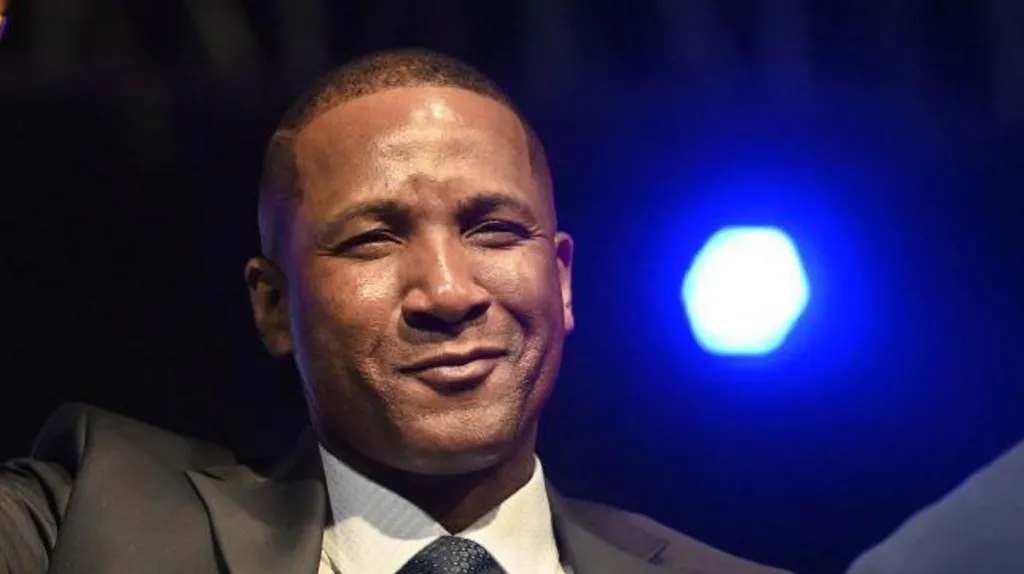By : Lloyd Mahachi
Botswana’s opposition party, the Umbrella for Democratic Change (UDC), has made history by defeating the long-governing Botswana Democratic Party (BDP) after 58 years in power.
Duma Boko, a 54-year-old human rights lawyer and Harvard Law School graduate, will take the reins as president, replacing Mokgweetsi Masisi. This significant victory marks a new era for Botswana, a country renowned for its stability and democratic values. The UDC’s triumph is a testament to the power of democratic change and the desire for fresh leadership.
In a shocking turn of events, the BDP, which has dominated Botswana’s politics since independence in 1966, lost by a landslide. Masisi conceded defeat, stating, “We got it wrong big time in the eyes of the people.” The UDC secured the minimum required seats to form a government, with Boko winning the presidency. This outcome underscores the electorate’s desire for change and their dissatisfaction with the BDP’s performance. The opposition party’s victory is expected to bring about significant policy shifts and reforms.
Boko’s victory marks a significant shift in Botswana’s political landscape. The country, known for its stability and democracy, faces economic challenges due to a decline in diamond demand, which accounts for over 80% of its exports. The economy is expected to slow down, with unemployment rising to 27%. To address these challenges, the UDC has pledged to diversify the economy, improve social services, and create a more independent judiciary. Boko’s leadership is expected to bring a fresh perspective to these issues.
The UDC campaigned on a platform of economic diversification, social service improvement, and judicial reform. Boko pledged to more than double the minimum wage and create new drivers of growth, such as agriculture and tourism. These promises resonated with voters, particularly the youth, who are eager for change and economic opportunities. The UDC’s victory is seen as a mandate for reform and transformation.
Masisi, who had sought a second term, acknowledged the need for change and vowed to ensure a smooth transition. “I am proud of our democratic processes… I will respectfully step aside,” he said. This gesture demonstrates Masisi’s commitment to democracy and his willingness to accept the will of the people. The transition process is expected to be peaceful, with the UDC taking the reins of power.
As Botswana embarks on this new chapter, the international community is watching with interest. The country’s democratic transition serves as a model for other African nations. Boko’s leadership and the UDC’s policies will be closely monitored to assess their impact on the country’s development and stability.
Editor : Josephine Mahachi

